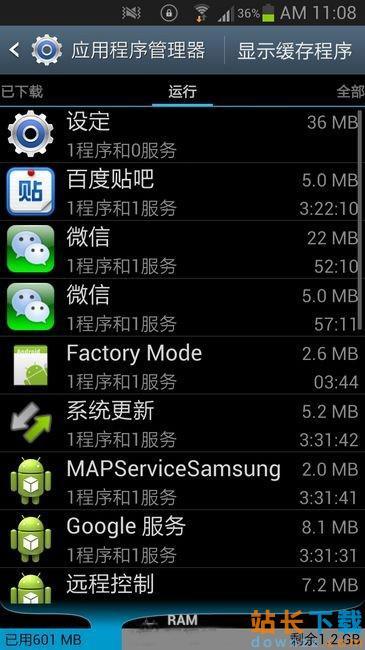手机ram是什么存储器
Title: Exploring Mobile RAM Programming: Overview and Considerations
RAM (Random Access Memory) is a crucial component in mobile devices, playing a significant role in their performance and functionality. Programming with RAM in the context of mobile devices involves optimizing memory usage, managing data efficiently, and ensuring smooth operation of applications. Let's delve into the world of mobile RAM programming to understand its nuances and considerations.
Understanding Mobile RAM
RAM in mobile devices serves as temporary storage for data and instructions that the device's CPU (Central Processing Unit) needs to access quickly. Unlike the device's storage (like internal storage or SD cards), RAM is volatile, meaning it loses its contents when the device is powered off. Mobile RAM is typically of the LPDDR (Low Power Double Data Rate) variety, designed for energy efficiency and highspeed data transfer.
Importance of RAM in Mobile Programming

1.
Performance Optimization
: Efficient RAM usage directly impacts the performance of mobile applications. Optimized memory management ensures smoother operation, faster loading times, and overall better user experience.2.
Multitasking
: Mobile devices often run multiple applications simultaneously. Sufficient RAM allows smooth multitasking by enabling swift switching between apps without noticeable lag or delay.3.
Battery Efficiency
: Proper RAM management can contribute to battery conservation. Unnecessary data stored in RAM consumes power, so optimizing memory usage can indirectly improve battery life.Key Considerations in Mobile RAM Programming
1.
Memory Allocation
: Mobile developers need to judiciously allocate memory to different parts of the application. This includes allocating memory for variables, objects, data structures, and buffers. Overallocating can lead to wastage, while underallocating can cause performance issues or even crashes.2.
Memory Leaks
: Memory leaks occur when allocated memory is not released properly after its use. In mobile programming, where resources are limited, memory leaks can quickly degrade performance and lead to app crashes. Developers must employ techniques like garbage collection or manual memory management to prevent leaks.3.
Optimizing Data Structures
: Choosing the right data structures can significantly impact RAM usage and application performance. For example, using efficient data structures like arrays or hash maps can minimize memory overhead compared to less efficient ones.4.
Caching Strategies
: Caching frequently accessed data in RAM can improve performance by reducing the need to fetch data from slower storage mediums. However, developers must balance caching to avoid excessive RAM usage and potential performance degradation.5.
Background Processes
: Background processes running on mobile devices can consume RAM and affect overall performance. Developers should prioritize critical processes and optimize background tasks to minimize their impact on system resources.6.
Testing and Profiling
: Thorough testing and profiling are essential to identify memoryrelated issues early in the development cycle. Developers can use tools and techniques for memory profiling to detect memory leaks, analyze memory usage patterns, and optimize memory allocation.Best Practices for Mobile RAM Programming
1.
Optimize Resource Usage
: Minimize unnecessary resource consumption by closing unused connections, releasing unused objects, and avoiding memoryintensive operations whenever possible.2.
Use MemoryEfficient Libraries
: Choose thirdparty libraries carefully, considering their memory footprint and efficiency. Opt for lightweight libraries optimized for mobile platforms to minimize RAM usage.3.
Monitor Memory Usage
: Implement mechanisms to monitor memory usage in realtime and identify potential bottlenecks or memoryintensive operations. This allows for proactive optimization and troubleshooting.4.
Prioritize User Experience
: Ultimately, prioritize user experience when making decisions related to RAM usage. Ensure that memory optimizations do not compromise the responsiveness, stability, or functionality of the application.Conclusion
Mobile RAM programming is a critical aspect of mobile application development, directly impacting performance, efficiency, and user experience. By understanding the principles of RAM management, employing best practices, and leveraging appropriate tools, developers can create mobile applications that are not only fast and responsive but also efficient in their resource usage. Prioritizing efficient RAM programming contributes to the overall success of mobile applications in today's competitive market.
This overview serves as a foundation for developers looking to optimize their mobile applications for efficient RAM usage, ultimately enhancing performance and user satisfaction.









